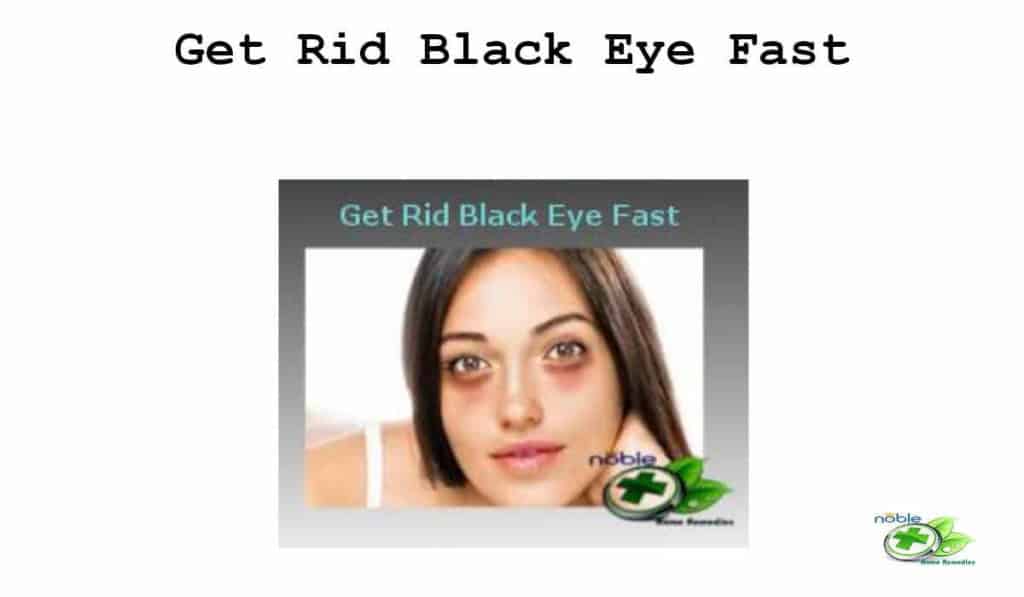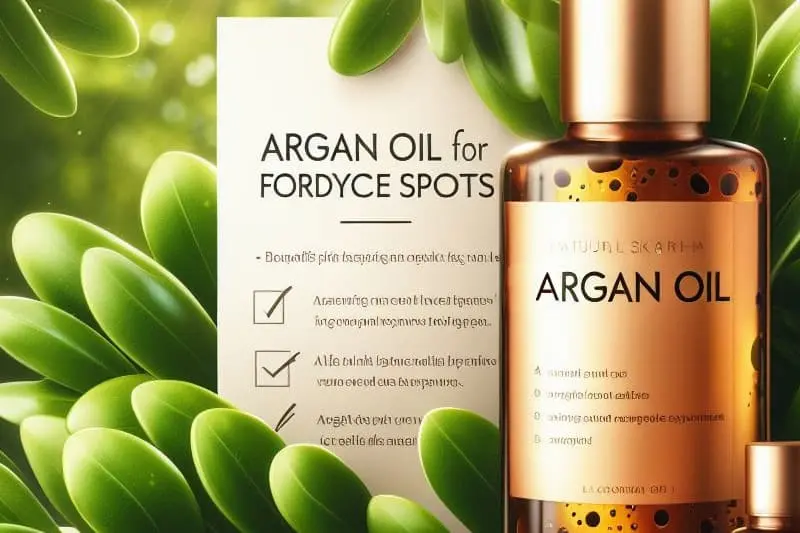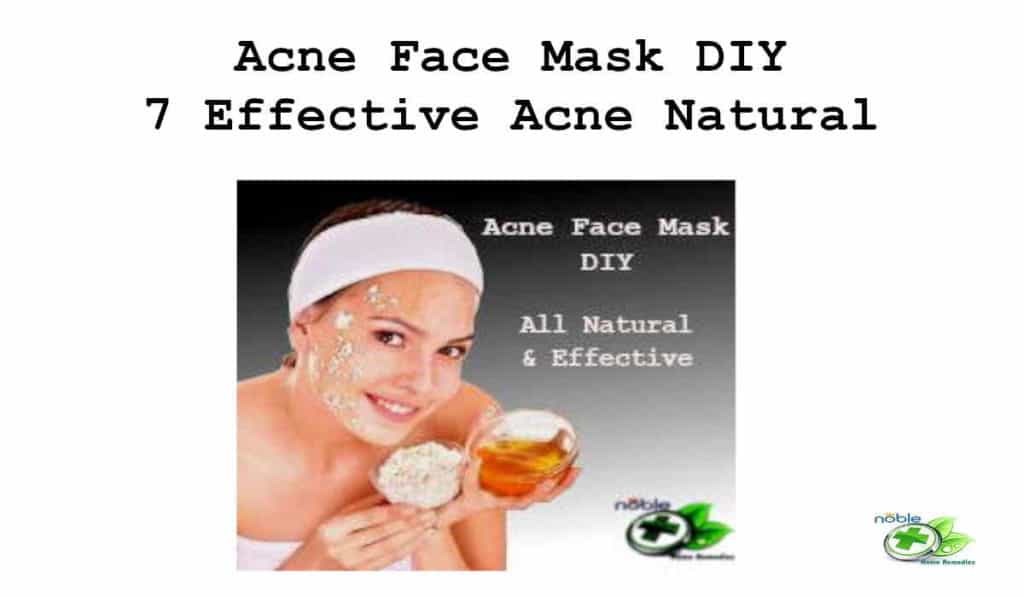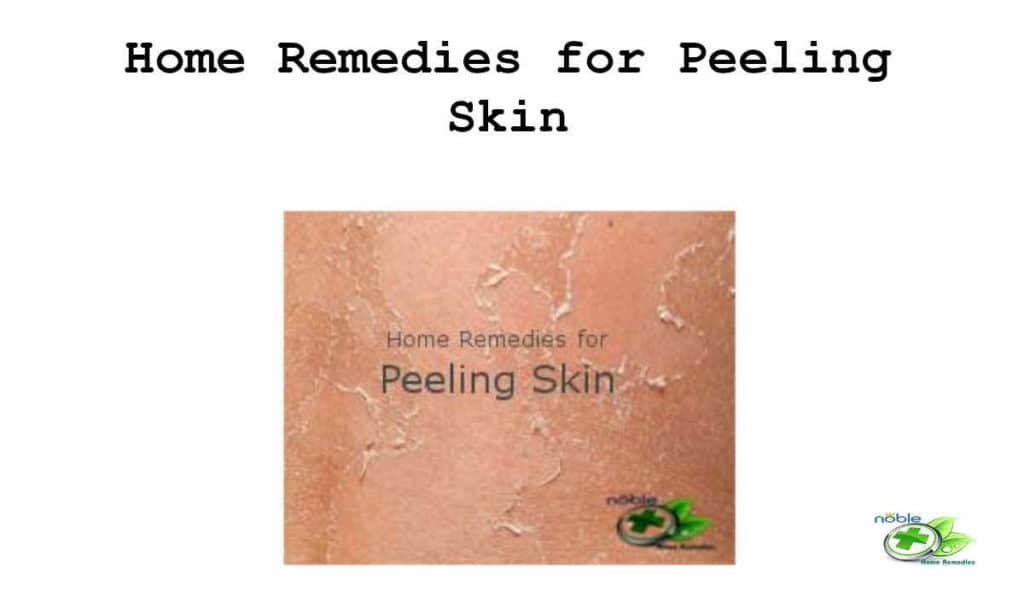How Long Does It Take for Pimples to Go Away: Ultimate Guide
Pimples, oh pimples! They can be such a pesky and persistent problem for many of us. No matter how much we try to cover them up, they always seem to pop up at the most inconvenient times. We’ve all been there, waking up to a new pimple on our faces and feeling like it’s ruining our day. Suddenly pimples appear on the forehead, cheeks, and nose. But have you ever wondered, how long does it take for pimples to go away?
If you’re feeling confused about pimples and their timeline for vanishing, fear not! We’re here to help answer that burning question. In this blog post, we’ll provide you with a comprehensive overview of pimple healing times, including the different factors that can impact how long it takes for them to disappear.
Whether you’re a teenager dealing with acne or an adult struggling with occasional breakouts, we understand how frustrating it can be to deal with pimples. Our goal is to help you better understand this common skin issue and give you practical tips on how to speed up the healing process. So, buckle up and get ready to learn everything you need to know about how long it takes for pimples to go away!
Understanding Pimples
Before we dive into how long it takes for pimples to go away, let’s first understand what they are and how they form. Pimples, also known as acne, are a common skin problem that occurs when hair follicles become clogged with oil and dead skin cells. This results in the formation of bumps on the skin that can be painful, inflamed, or filled with pus.
There are different types of pimples, and each has its unique characteristics. For instance, whiteheads are small, round, and have a white or yellowish head. Blackheads, on the other hand, are black or dark-colored bumps that form when the clogged pore is open and exposed to air. Papules are red, inflamed bumps that are often tender to the touch, while pustules are similar but filled with pus. Lastly, cysts and nodules are larger, more severe pimples that can cause scarring.
So, what causes pimples? The truth is that there are several factors at play. Hormonal changes, such as those that occur during puberty or menstruation, can cause an increase in oil production, leading to clogged pores. Genetics can also play a role, as some people are simply more prone to developing pimples than others. Additionally, using oily or greasy skincare products, not washing your face regularly, and certain medications can all contribute to the formation of pimples.
Factors Affecting How Long It Takes for Pimples to Go Away?

Now that we know what pimples are and how they form, let’s discuss the various factors that can affect how long it takes for pimples to go away. The duration of a pimple’s healing process can vary depending on several factors, such as age, skin type, and the severity of the acne.
For instance, teenagers and young adults are more prone to acne breakouts due to hormonal changes, making it more challenging for pimples to go away quickly. People with oily skin tend to have more severe acne and may experience more extended healing times than those with dry or normal skin. The severity of the acne also plays a role, with mild acne typically healing faster than moderate to severe acne.
It’s essential to understand these factors as they can help you manage your pimple outbreaks more effectively. For example, if you have oily skin, you may need to use oil-free or non-comedogenic products to prevent further breakouts. If your acne is severe, you may need to seek the help of a dermatologist who can recommend appropriate medication or spot treatments.
Moreover, understanding these factors can also help you set realistic expectations for how long it will take for your pimples to go away. While it may be tempting to try to speed up the healing process with various treatments or home remedies, it’s crucial to remember that healing takes time, and everyone’s skin reacts differently.
Timeline for Pimple Healing
Dealing with pimples can be frustrating, especially when you’re unsure of how long it will take for them to go away. While the exact healing time can vary depending on various factors, understanding the general timeline of a pimple can help you manage your expectations and take proactive measures to speed up the healing process.
General Timeline of Pimple Healing
The onset of a pimple can begin as early as a few hours or up to a few days before it becomes visible on the skin’s surface. During this time, the hair follicle and pore become clogged with dead skin cells and excess oil, leading to inflammation and redness. As the pimple progresses, it will typically become more prominent, forming a visible whitehead, blackhead, or cyst. Finally, as the inflammation and pus begin to recede, the pimple will begin to heal and eventually fade away.
Stages of Pimple Healing
The length of time it takes for a pimple to heal can depend on various factors such as severity, age, and skin type. However, on average, the following is a general timeline for the stages of pimple healing:
- Inflammation and Swelling: During this stage, the pimple is inflamed, swollen, and painful. It can last anywhere from a few days to a week.
- Pus Formation: As the pimple progresses, it will typically form pus, which can be yellow or white. This stage can last for a few days.
- Pus Drainage: The pimple will begin to drain, and the pus will come out. This stage can last for a few days.
- Scabbing: The skin around the pimple will start to scab over as it heals. This stage can last for a few days.
- Fading: The pimple will gradually fade away, leaving behind minimal scarring or hyperpigmentation.
To speed up the healing process, there are several things you can do, such as avoiding picking or squeezing the pimple, using gentle skincare products, keeping your skin clean and moisturized, and avoiding exposure to sunlight or tanning beds. While it can be tempting to try to pop a pimple to speed up the healing process, this can prolong the healing time and lead to scarring or infection.
Tips for Speeding Up Pimple Healing
If you’re dealing with a stubborn pimple, it can be tempting to squeeze or pick at it to make it disappear faster. However, this can often do more harm than good and can even prolong the healing process. In this section, we’ll explore some tips and tricks to speed up pimple healing without causing further damage to your skin.
- Keep the area clean: It’s important to keep the affected area clean and dry to prevent further infection and irritation. Use a gentle cleanser and avoid harsh exfoliants or scrubs that can damage the skin.
- Apply a warm compress: A warm compress can help to increase blood flow to the affected area and speed up healing. Simply soak a clean cloth in warm water and apply it to the pimple for a few minutes.
- Use spot treatments: There are a variety of spot treatments available, such as benzoyl peroxide or salicylic acid, that can help reduce inflammation and speed up healing. However, be cautious with these products as they can be harsh on the skin if overused.
- Try natural remedies: Natural remedies like tea tree oil, aloe vera, and honey can also help to reduce inflammation and promote healing. These can be applied directly to the affected area or added to your regular skincare routine.
- Avoid touching the affected area: It’s important to avoid touching the affected area as much as possible to prevent further irritation and infection. This includes avoiding picking, squeezing, or popping pimples.
By following these tips and tricks, you can help speed up the healing process of your pimples and get back to clear, healthy skin in no time.
When to Seek Professional Help
When dealing with pimples, it can be frustrating to wait for them to go away on their own. In most cases, pimples will heal naturally, but there are times when professional help may be needed. In this section, we will discuss when it’s time to seek help from a dermatologist.
If you have a severe case of acne or if your pimples are not responding to over-the-counter treatments, it may be time to see a dermatologist. Additionally, if you have cystic acne, which is characterized by large, painful cysts beneath the skin, it’s essential to seek professional help.
Dermatologists can provide prescription medications and treatments that are more potent than over-the-counter products. They can also guide how to manage and prevent future breakouts. If you have scarring or hyperpigmentation as a result of pimples, a dermatologist can also offer options for treating these concerns. You may opt to first try the natural remedies for acne scaring and foods for acne scars.
It’s important to remember that pimples can have a significant impact on one’s self-esteem and mental health. Seeking professional help is a proactive step towards addressing the issue and regaining confidence in your appearance. If you are unsure if your pimples warrant a visit to the dermatologist, it’s always best to consult with a medical professional to determine the best course of action.
Takeaway
In this article, we have discussed the common skin problem of pimples and the frustration they can cause. We defined what a pimple is and how it forms, and discussed the different types of pimples and their characteristics. We also explained the causes of pimples and the different factors that can influence the duration of pimple healing, such as age, skin type, and severity of acne.
Additionally, we provided a general timeline of the stages of a pimple, from onset to resolution, and discussed the different stages of pimple healing in more detail. We also offered practical tips and advice for readers on how to speed up the healing process of their pimples, including natural remedies and other treatment options that can be used to help reduce the duration of pimples.
Finally, we discussed the circumstances in which professional help may be necessary to treat stubborn or severe pimples and provided information on when to see a dermatologist for pimples.
In conclusion, understanding, “How long does it take for pimples to go away” is essential for the effective management of acne. We hope this article has provided useful information and support to readers who are struggling with pimple outbreaks. Remember, managing acne takes time and patience, but with the right information and support, you can achieve healthy, clear skin.
Source:
Noble Home Remedies adheres to rigorous sourcing standards, drawing information from peer-reviewed studies, reputable academic research institutions, and esteemed medical journals and associations. We prioritize using high-quality, trustworthy sources to maintain the accuracy and integrity of our content. You can learn more about how we ensure our content is accurate and current by reading our editorial policy.
- Acne: Tips for Managing by American Acadamy of Dermatology Association
- Overview of Acne by NIH
- Acne by Mayo Clinic
Trust in your purchase:
Every product featured on our site has been carefully researched and selected based on quality, customer ratings, and positive reviews to ensure you receive excellent value for your money.
Please note:
This post contains affiliate links. If you make a purchase through these links, we may earn a small commission at no additional cost to you. This helps support our site and allows us to continue bringing you valuable content. Thank you!
Thank you for your precious time spent with NobleHomeRemedies.
You may also like:
Pimple Spot Treatment
Best Pimple Spot Treatment: 10 Top Rated Products Are pesky pimples and unexpected breakouts making…
How to Get Rid of a Black Eye
How to Get Rid of a Black Eye: 10 Best Home Remedies You can get…
Argan Oil for Fordyce Spots
Argan Oil for Fordyce Spots!: Skin Perfection in 7 Steps Do you dream of flawless,…
Acne Face Mask DIY – Acne Natural Remedies
Acne Face Mask DIY – The Best Acne Natural Remedies What is acne and what…
How to Get Rid of Peeling Skin Naturally?
Peeling Skin: 9 Natural Ways to Get Rid of Peeling Skin Fast Home remedies for…
Unwanted Facial Hair Removal Naturally
Unwanted Facial Hair Removal Naturally Here are your awesome facial hair removal home remedies. Facial…






